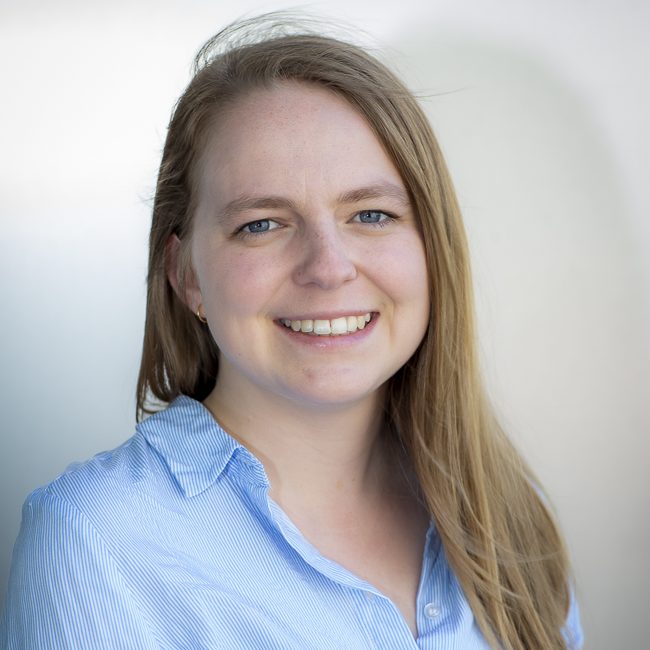
Natasha Bradley
The University of Adelaide
Natasha is in her third year of a PhD in molecular biology. I was very good and maths and science in school, so I continued with a bachelor of science (Advanced), which then turned into honours and now a PhD. My honours project “Investigating the evolution of the mammalian sex determining gene, Sex-determining Region Y (SRY) with the use of the basal mammalian lineage; the monotremes” was very different to what I am researching in my PhD. I’m still looking at monotremes, but now I am researching the genetics of their digestion and how one hormone found in platypus venom could lead to a treatment for diabetes.
Can you give me a quick overview of the type of mathematics you are studying and its potential impacts for the broader community
As part of my PhD I plan to use single cell sequencing on multiple monotreme digestive tissues to give insights into different cell functions. This involves lots of bioinformatic skills and statistical analysis, which is what I came to BioInfoSummer to learn. This well help understand how monotremes digest food and may be useful for animals in captivity.
What did you want to be when you grew up? If not mathematics research, what would have been?
When I was growing up, I was really into competitive swimming and would have loved to go to the Olympics.
You attended AMSI BioInfoSummer, what drew you to this event? What was the most valuable part of AMSI BioInfoSummer for you in terms of furthering your career in mathematical sciences?
I heard about this event from colleagues in my lab who had previously attended and said it was a great experience. One of the themes was single cell sequencing, which aligned perfectly with what I needed to learn for my own research.
In what ways has the experience impacted your maths studies? Did this event lead to any new contacts, projects, collaborations?
I gained valuable new contacts from the poster session and networking events during the week. I was able to meet experts in single cell work who I am now able to contact for help when I need it.
Where do you see yourself in five or ten years time?
I’d love to learn more about the world of bioinformatics and get a role which will allow me to use these skills and fuel my passion for the environment and conservation.
Did you learn about new career options available to you that you were not aware of prior to attending AMSI BioInfoSummer?
I learned that there was a lot more scientists wanting to learn about maths and coding than I expected. I knew most of the roles existed, I just didn’t know a scientist could fill them.
Who are your mentors? Who do you admire?
My PhD supervisor has been very supportive of me and is very understanding of life problems that come up. I admire his ability to be a lab head and manage a family life at the same time.
How important are initiatives such as the CHOOSEMATHS Grants in terms of fostering the participation and achievement of women in mathematics, particularly in terms of access to networking opportunities and further training opportunities?
I was amazed to see so many women at an event that would be often geared towards men. If it wasn’t for these grants it would be very easier for women to be discouraged by the lack of representation.
The CHOOSEMATHS Grants are part of a broader program being delivered by AMSI Schools with support from BHP Foundation to turn the tide on Australia’s maths deficit and strengthen maths education and participation of women across the discipline. What do you see as the big challenges facing maths in Australia, particularly for women?
I can’t speak about problems in maths specifically, but I imagine they are similar issues to the science field. Although the number of female students is increasing they often don’t make it to higher jobs where it is still dominated by males. Part of this is due to the unequal parental leave during childbirth. These are issues that will hopefully continue to improve and we will start to see more females in the top positions.
Best piece of advice you’ve received?
Experiment with the code just as you would in a lab!
If a peer asked you if they should attend AMSI BioInfoSummer, how would you describe the conference to them?
I would strongly recommend this conference. It’s a great mix of lectures and workshops which gives you a great opportunity to learn hands on and ask questions when you get stuck (which you will). It was a very welcoming community of mostly students who were also eager to learn making it a great environment.
I was impressed by the number of female presenters at the conference, it’s helpful to see females in higher positions who can advise young researchers like me.

